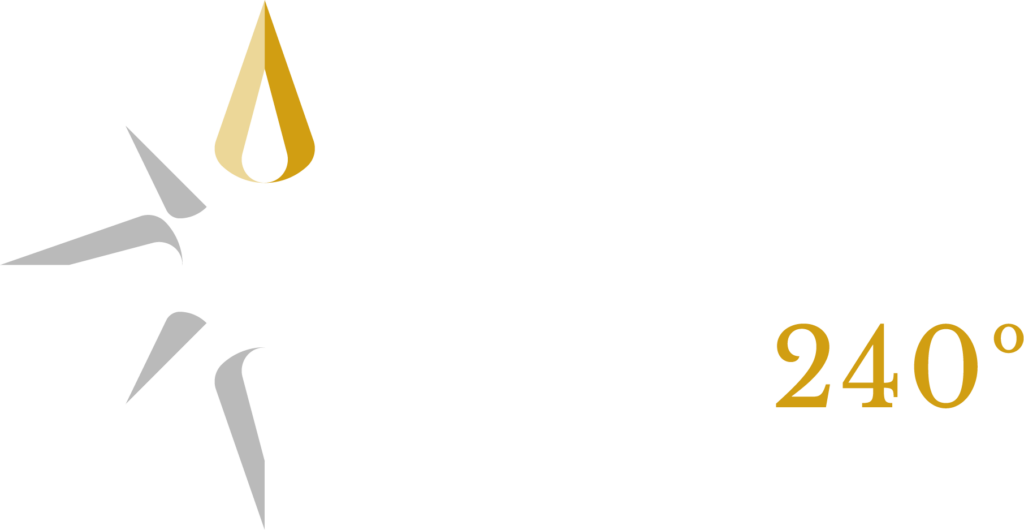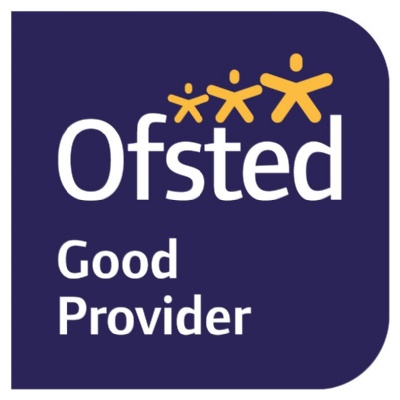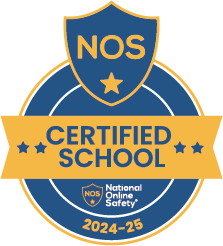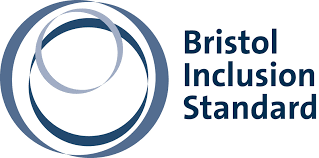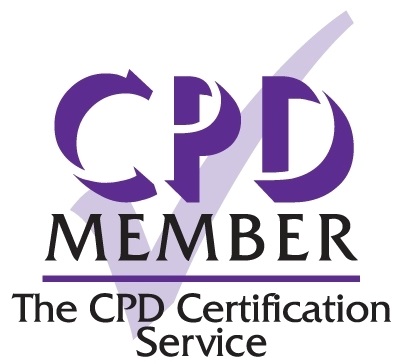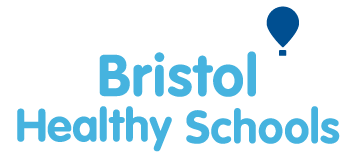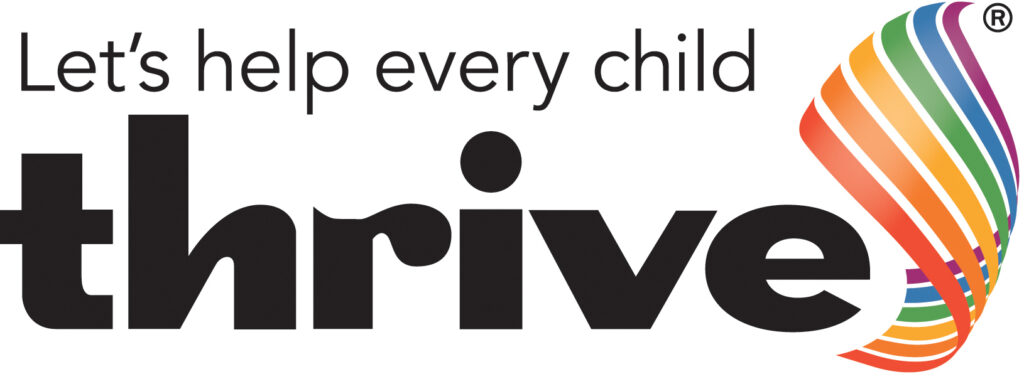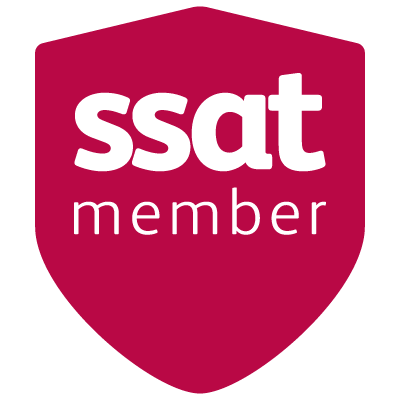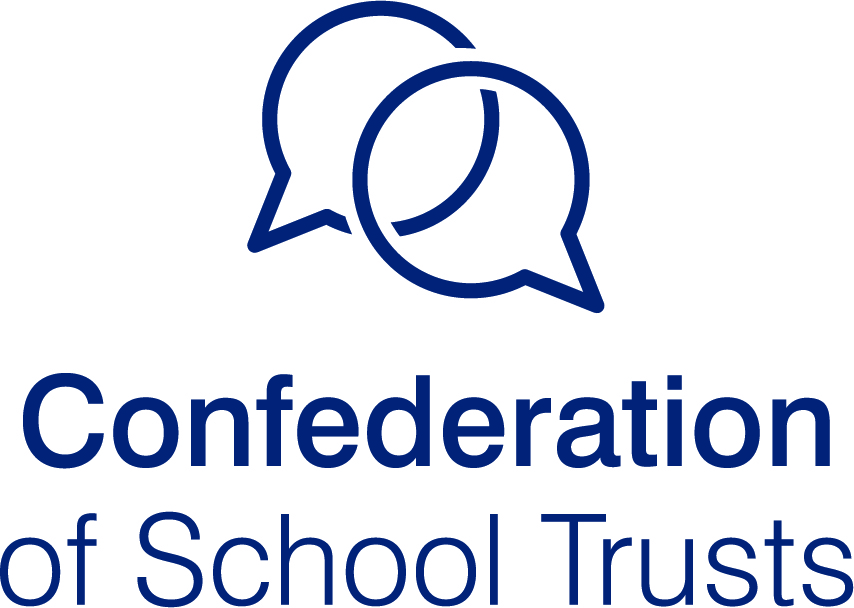RHSE
Teachers will deliver at least one lesson of RSHE/PSED a week across both Key Stages.
RHSE/PSED
Teachers will deliver at least one lesson of RHSE/PSED a week across both Key Stages.
RHSE/ PSED education is integrated into the whole school curriculum and is delivered using an overarching theme for each term (Health and Wellbeing, Relationships, Living in the Wider World). This is to ensure learning in PSHE is revisited, reinforced and extending in age-and stage-appropriate contexts. Each overarching theme fits with world and societal awareness days allowing us opportunities to invite in guest speakers and outside agencies.
Our RHSE and PHSE lessons aim to equip children with essential skills for life. They develop the whole child through carefully planned and resourced lessons that develop the knowledge, skills and attributes children need to protect and enhance their wellbeing. Through these lessons, children will learn how to stay safe and healthy, build and maintain successful relationships and become active citizens, responsibly participating in society around them. Successful RHSE curriculum coverage is a vital tool in preparing children for life in society now and in the future. Our units aim to cover a wide range of the social and emotional aspects of learning, enabling children to develop their identity and self-esteem as active, confident citizens.
The themes and topics support social, moral, spiritual and cultural development and provide children with protective teaching on essential safeguarding issues, developing the knowledge of when and how children can ask for help. Our RHSE, PSHE and PSED resources are fully in line with the Learning Outcomes and Core Themes provided by the PSHE Association Programme of Study which is widely used by schools in England and is recommended and referred to by the DfE in all key documentation relating to RHSE provision in schools.
Withdrawal from Religious Education (RE)
Parents who wish to withdraw their child from RE should first understand the aims of the subject and the content covered in the RE curriculum. They should also be offered the opportunity to discuss this decision if they wish. It must be clarified whether the withdrawal applies to the entire RE curriculum or only specific elements. Parents are not required to provide reasons for their decision.
Important – Limitations on Withdrawal
If a pupil is withdrawn from RE, the school remains responsible for supervising them, but is not obliged to provide alternative teaching. The pupil may be asked to work in another area of the school, such as the library or a designated study space.
While parents have the right to withdraw their child from RE, they should be aware that aspects of religion, belief, and faith may still arise in other parts of the curriculum, from which withdrawal is not permitted.
Occasionally, pupils may raise spontaneous questions about religion, or religious themes may appear in subjects such as History or Citizenship (PSHE). For example, schools promote community cohesion and help pupils explore identity, diversity, emotions, and values within both religious and non-religious contexts.
This scheme of work covers all of the required objectives and follows the three core areas of Health and Wellbeing, Relationships and Living in the Wider World. The scheme of work fulfils the requirements of 2020 Statutory Relationships, Sex and Health Education, setting these learning intentions in the context of a broad and balanced PSHE curriculum.
This scheme of work provides North Star with an effective curriculum for wellbeing. Children are enabled to develop the vocabulary and confidence needed to clearly articulate their thoughts and feelings in a climate of openness, trust and respect, and know when and how they can seek the support of others. They will apply their understanding of society to their interactions within communities, from the classroom to the wider community of which they are a part. Our RHSE/ PSHE scheme of work supports the active development of a school culture that prioritises physical and mental health and wellbeing, providing children with skills to evaluate and understand their own wellbeing needs, practise self-care and contribute positively to the wellbeing of those around them.
Successful RHSE education can have a positive impact on the whole child, including their academic development and progress, by mitigating any social and emotional barriers to learning and building confidence and self-esteem. Evidence suggests that successful RHSE education also helps disadvantaged and vulnerable children achieve to a greater extent by raising aspirations and empowering them with skills to overcome barriers they face.
Year 7
Term 1
Living in the Wider World
- School Life/Class charter
- Goal Setting
- School Values
- Core Values
- Laws in our Community
Term 2
Celebrating Difference (Relationships)
- Stereotypes
- Discrimination and prejudice – What is discrimination?
- What are the different types of discrimination?
- Racism case study
Term 3
Mental Health (Health and Wellbeing)
What do we mean by a healthy lifestyle?
- Balance diet
- What’s the big deal about energy drinks?
- Impact of exercise
Physical health and hygiene
- Importance of sleep
- Importance of immunisation and vaccinations.
Term 4
Mental Health (Health and Wellbeing)
- Introduction to mental health – what does this mean? How do we keep a positive mental health?
Term 5
Relationships (RSE)
- Puberty
- Taking care and the right of your body
- Keeping good friendships and avoiding toxic ones.
- Love and relationships
- Bullying vs Banter.
- What is cyberbullying?
- How do we keep safe and positive relationships
Term 6
Life Skills (Living in the Wider World)
- Growth mind-set
- Careers and development focus – how can we develop our communication skills?
- Careers and development focus – how can we develop our teamwork skills?
Year 8
Term 1
Living in the Wider World
- School life/Class charter
- Human rights/rights of the child.
- How can we prevent radicalisation?
- Terrorism
- Capital punishment
Term 2
Celebrating Difference (Relationships)
- Diversity – What is diversity how and why are a diverse country.
- Introduce to British values.
- How can British Values teach us tolerance and respect for others? Link to
- Immigration and refugees
Term 3
Mental Health and Wellbeing (Health and Wellbeing)
- Body image and the media.
- Self-confidence and self-esteem.
- Does the media contribute to eating disorders?
- Pressure of males and females.
Term 4
Mental Health and Wellbeing (Health and Wellbeing)
- How can we enjoy social media but keep our accounts safe and private?
- Inappropriate use of mobile phones/online safety
- Mental health –
- Attitudes towards mental health.
- Promoting Emotional wellbeing.
- Digital resilience.
Term 5
Relationships (RSE)
- Healthy and unhealthy relationships.
- What is consent and why is it important we know about it?
- Readiness for sex
- Risks of unprotected sex
- Internet Safety – what is online grooming and why must we be so careful?
- What is sexting and why is it so risky to send personal images?
Term 6
Life Skills (Living in the Wider World)
- Value of money
- How can we budget our money?
- What are savings, loans and interest?
- What are the different types of financial transactions?
Year 9
Term 1
Living in the Wider World
- Gangs
- The consequences of knife crime.
- County drug lines- what are these and how young people are exploited.
- How does the law deal with young offenders?
- Acid attacks
Term 2
Celebrating Difference (Relationships)
- Who are the LGBT+ community and what would they like us to know?
- CSE – how are children and young people lured into dangerous relationships and what do these look like?
Term 3
Mental Health (Health and Wellbeing)
- Drugs and alcohol – Why do people take illegal drugs and what does the law say about drug use?
- What is peer-pressure – why is it so powerful and how can we overcome this?
Term 4
Mental Health (Health and Wellbeing)
- Mental health – depression and suicide.
- Coping strategies
- What is depression?
- What causes depression?
Term 5
Relationships (RSE)
- What are domestic violence and abusive relationships?
- Consent and the law
- Contraception
- How do we keep good sexual health and avoid STI’S.
- Teenage pregnancy
- FGM – what is this and why is it so dangerous?
Term 6
Life Skills (Living in the Wider World)
- Employability Skills – preparing for and applying to the world of work and careers
- What other skills do we need to develop for the work environment?
- What does it mean to be ‘enterprising’ and what is an ‘enterprising personality?’

